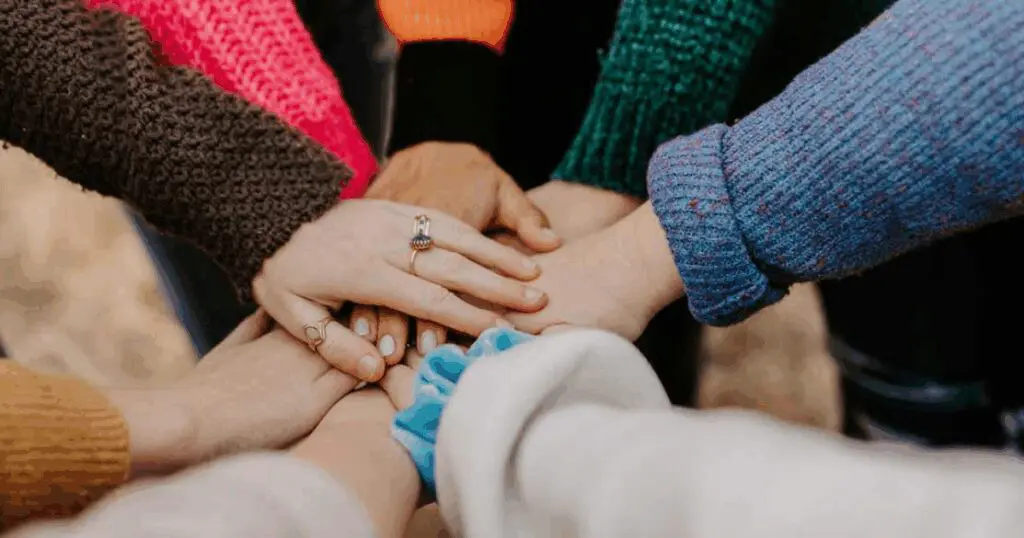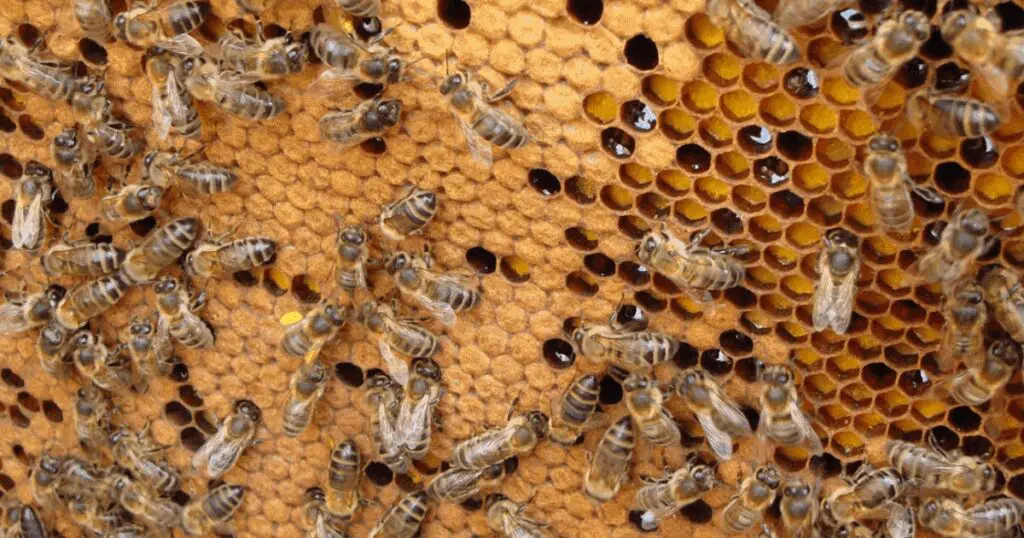Hold Fast the Dream of Coherent, Peaceful, Loving Communities
Amid political violence and uncertainty, this reflection by New Society Publishers’ Publisher Emeritus invites a humane, care-rooted response that holds anxiety, grief, and open questions.















